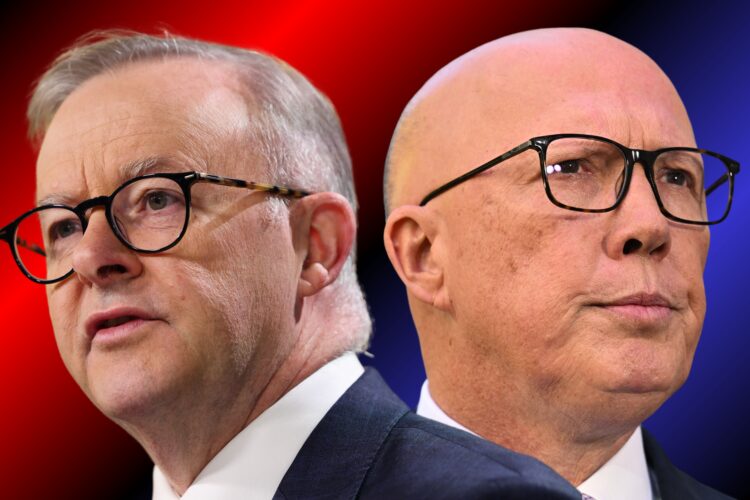Anthony Albanese seems to have found his stride in rebutting Dutton here:
But Peter, you tried, when you were the Health Minister, you tried to abolish bulk billing by having a fee every time people visit a doctor or every time people visit an emergency department. That’s what you did as health minister, and when you couldn’t get that through, you froze the Medicare rebate, which stayed frozen for six years. That’s why we are having to deal with this. That’s why my government has had to find the eight and a half billion dollars that you’ve matched. To be fair, you have said you agree with our policy there, but we’re repairing what we inherited, which was bulk billing in freefall while the coalition was in government.
Dutton is prepared to answer this, but sounds like he is on the backfoot:
…Our desire in relation to the whole health system was to make sure that we had a strong general practice, because it’s the experience of all of us. When you have young kids, or you’ve got aged parents, you need to be able to have a relationship with the general practice or a doctor that you can go to regularly. You need to be able to make sure that you can get an appointment, which is difficult at the moment.
And we were we were trying, and we were always supported, the funding now to build general practice, I want to see a strong primary care network, because if we do that, we can stop presentations at emergency departments. We can detect earlier cancers, and that’s the whole idea of having a strong network of general practice. And under our watch, the bulk billing rate increased under this watch, under the Prime Minister’s watch, it has gone down.



Loading form…